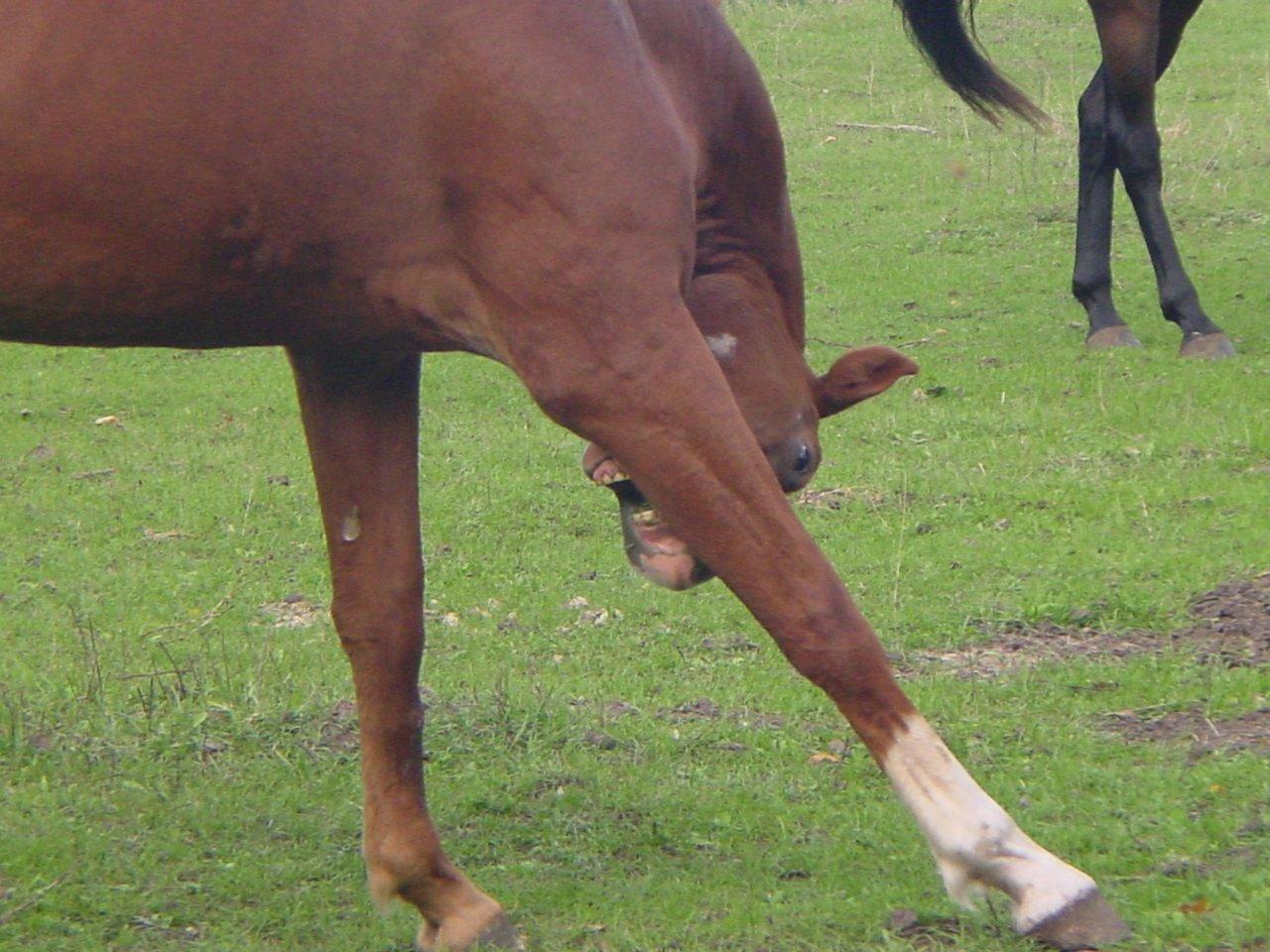Can You Feed the Flies Away From Your Horse?

Flies and other biting insects can cause significant annoyance and discomfort for horses during warmer months. They lead to itching, bumps, swelling, and skin reactions. Horse owners often seek effective methods to reduce the impact of flies on their horses.
The Role of Diet in Managing Flies
Explore the possibility of using specific ingredients in your horse’s diet to combat flies. Some horse owners believe that feeding apple cider vinegar, garlic powder, or brewer’s yeast can deter flies. However, it can be challenging to get horses to consume enough of these items due to their strong taste and smell. Each horse is unique, and what works for one may not have the same effect on another.
Using Feed Through IGR Additives
Consider an alternative approach to feeding the flies away by utilizing feed-through Insect Growth Regulator (IGR) additives. These additives, labeled for horses, pass through the digestive system and enter the manure. The IGR then prevents fly pupae from maturing into adult flies. While effective with disciplined feeding, these products can be costly. It’s important to note that if your neighbors are not controlling their fly populations, the impact of feed-through IGR additives may be limited, as flies from their property can still bother your horse.
Traditional Fly Control Methods
Don’t overlook more traditional methods of fly control. These can include using effective fly sprays, utilizing fly sheets, and adjusting turnout times to avoid peak fly activity. Maintaining cleanliness in the stable and implementing proper manure management practices also play a role in reducing fly populations
There are fly preventatives that may work for some horse owners which involve feeding a certain ingredient to the horse. Many people claim that giving apple cider vinegar daily will keep the flies away, while others swear by garlic powder or brewer’s yeast. The fact more often than not is that it is very difficult to get the horse to eat enough of these items to make a difference where flies are concerned because they typically have a strong taste and smell; the trick is getting the horse to ingest them at all. The important thing to remember is that horses are all unique and what works for your neighbor’s horse may not have the same effect on your horse.
Another alternative to feed the flies away is using a feed through IGR additive that is labeled for horses. This active ingredient does not get absorbed by the gut, but instead passes through into the manure, hence the “feed through” name. Once in the manure, the Insect Growth Regulator (IGR) causes the fly pupae to not mature into adult flies. With disciplined feeding, these products can be effective but may be expensive. One warning with this type of fly control – if you have close neighbors who aren’t controlling their fly populations you will likely see little difference because their flies will continue to come snack on your horse.
More traditional methods of fly control should not be discounted, including finding an effective fly spray, using fly sheets, and changing turn out times to when flies are less active. Cleanliness in your stable and proper manure management can also have an impact on fly populations.
Ready to ensure your horse is getting the optimum nutrition at feeding time, every time? Find the perfect feed formulated specifically for horse’s needs with our Feed Selector Tool.
